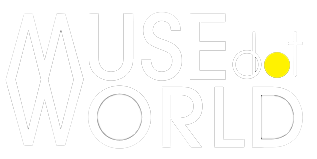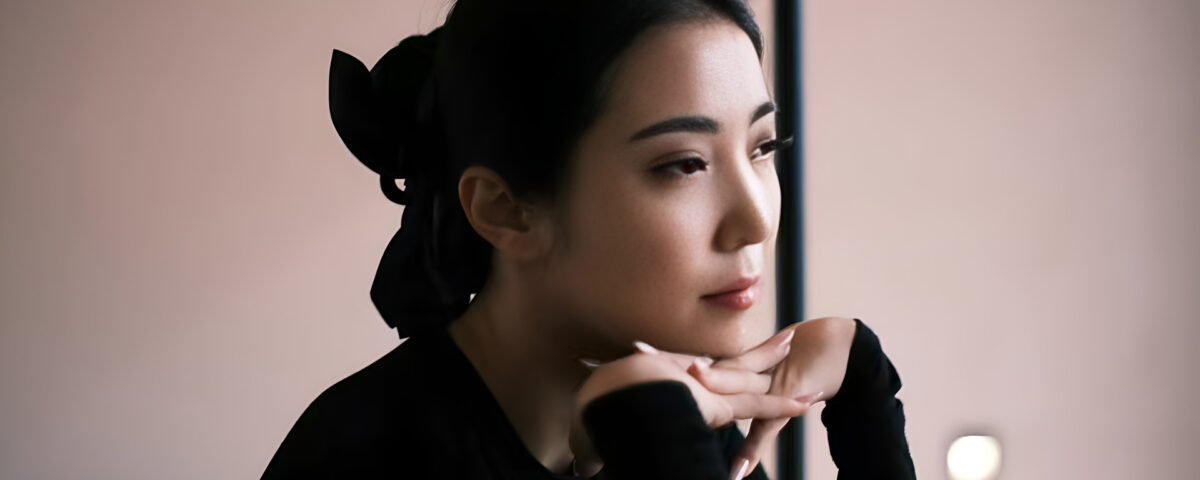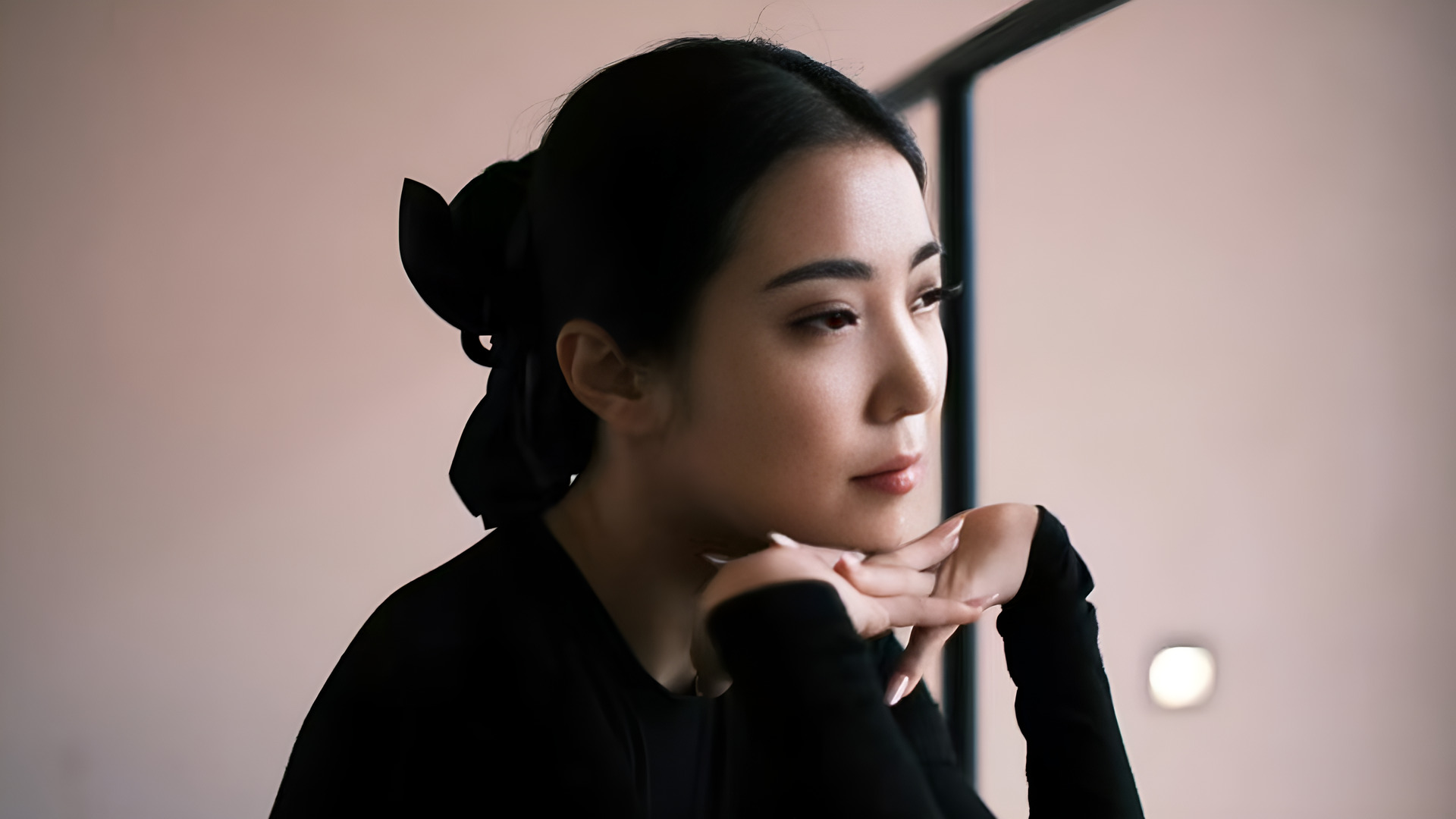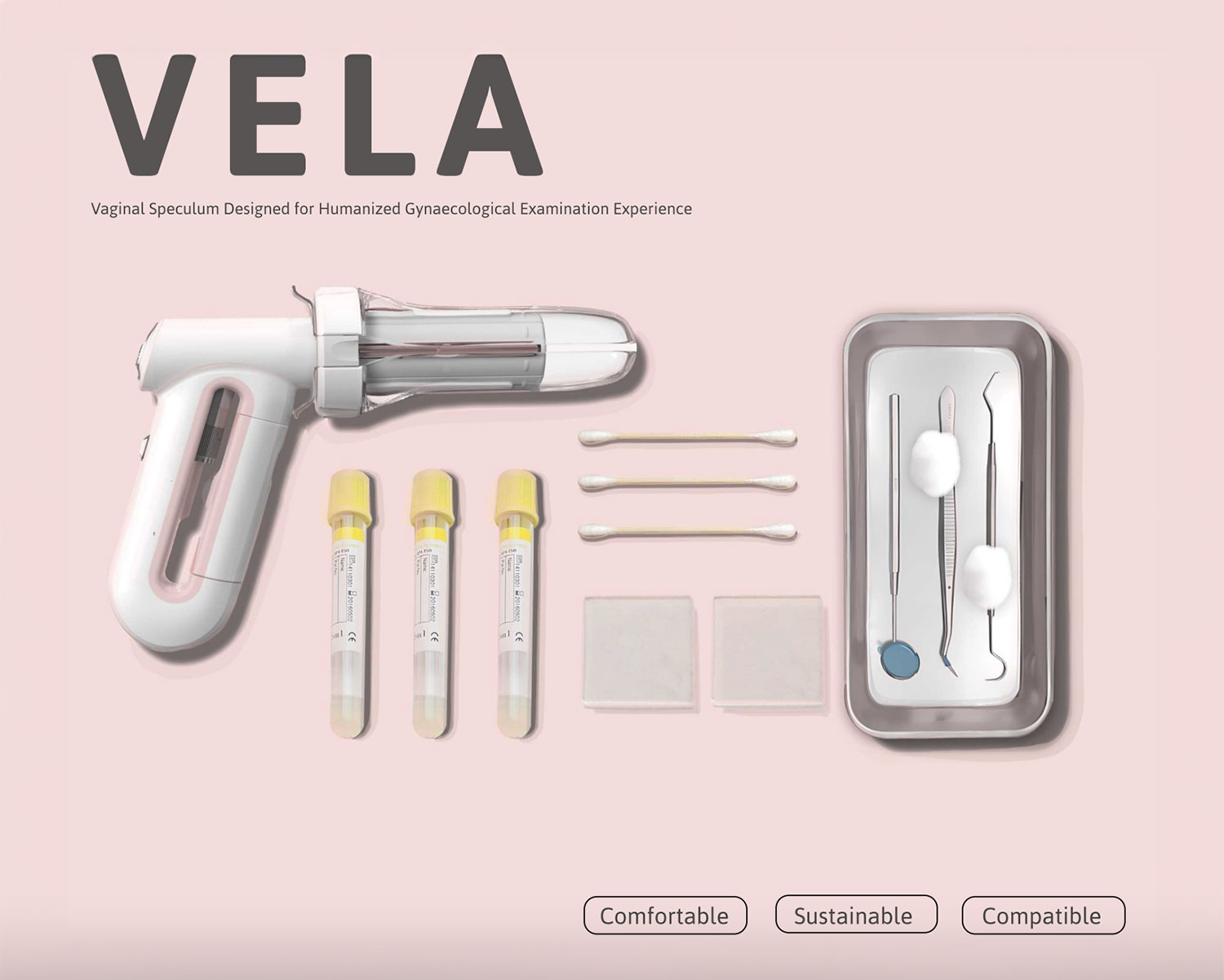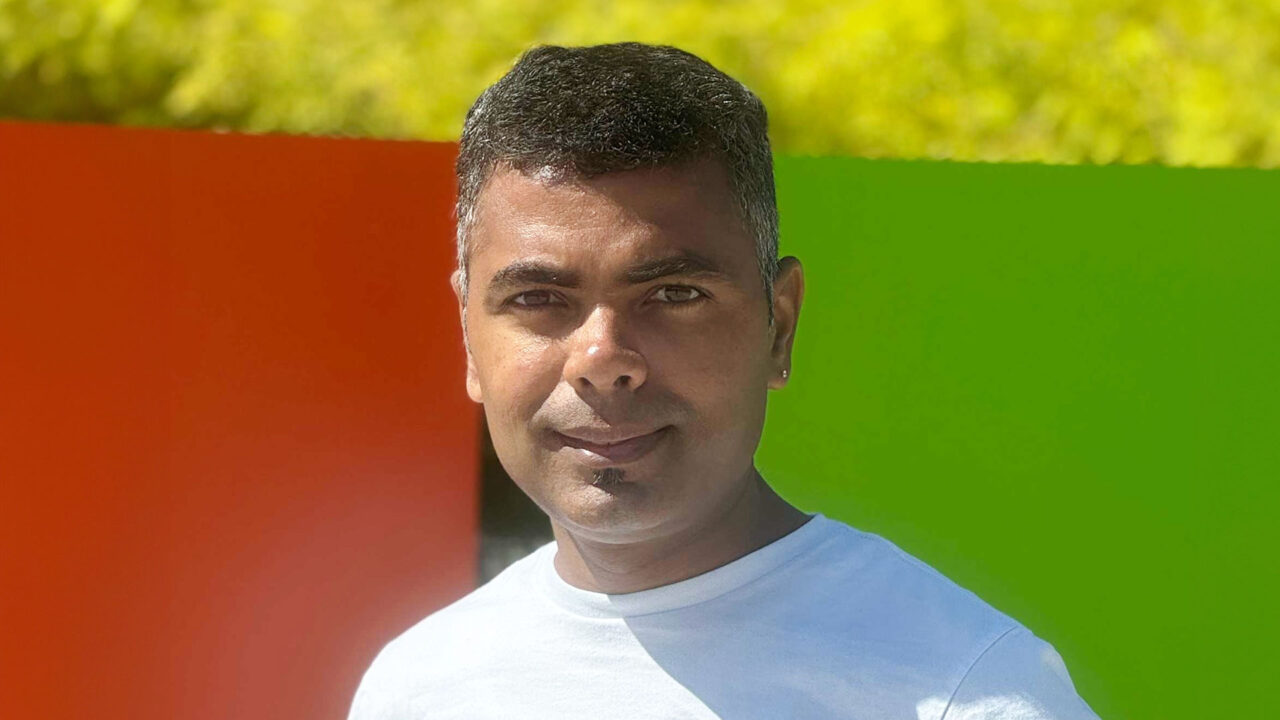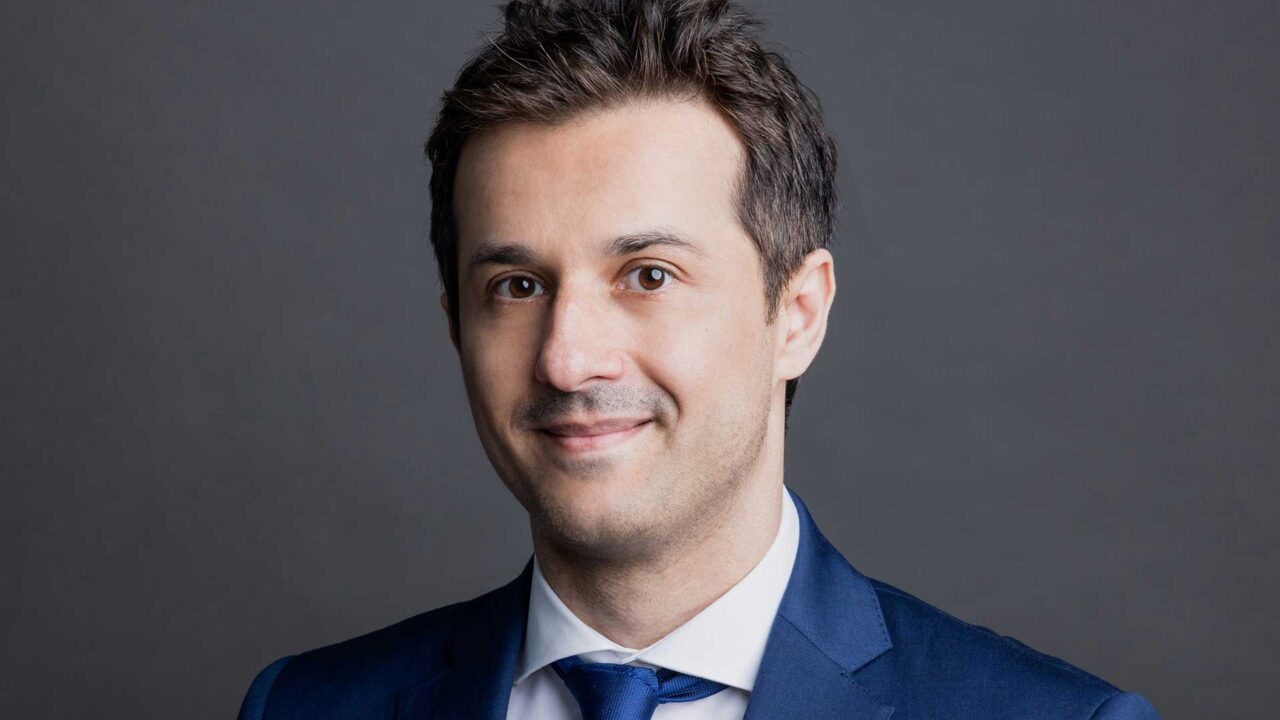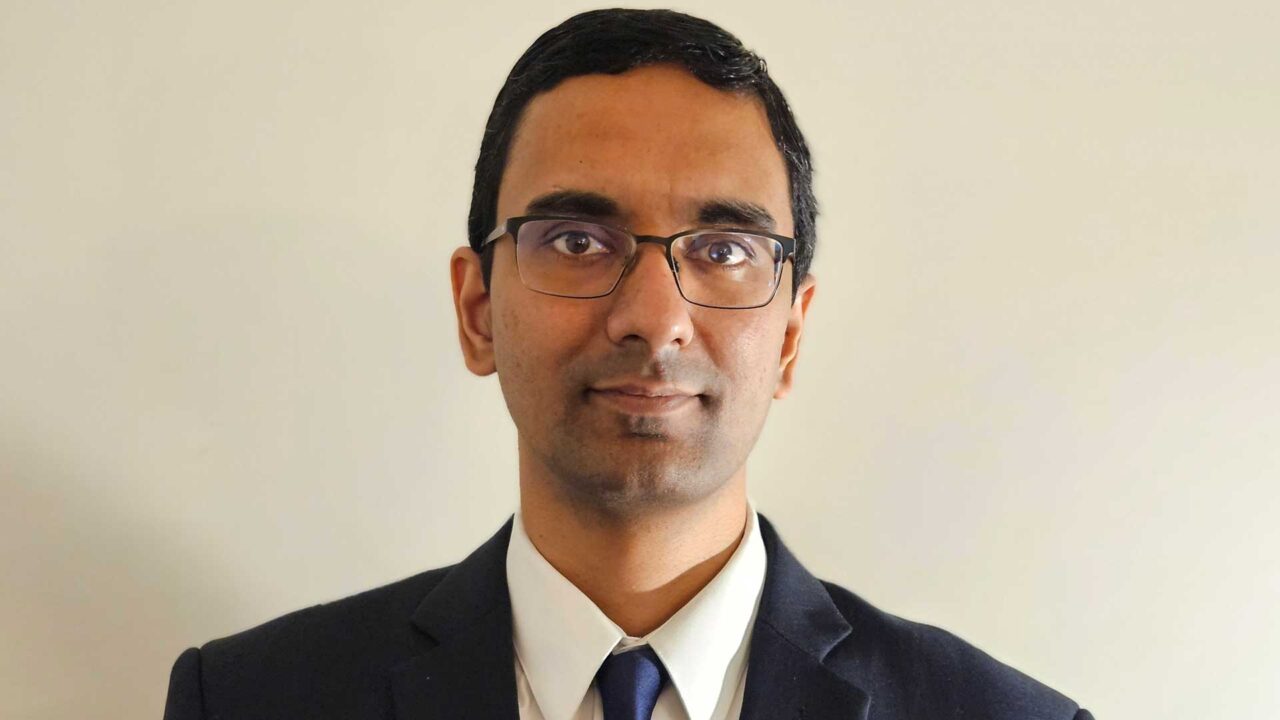1Please give us a brief bio of yourself and your design background.
I'm Luxi Yu, a graduate of the London College of Fashion, where I developed expertise in communication design, interface design, cultural programming, and speculative design. My education has sharpened my strategic thinking and communication skills, fueling my curiosity to explore diverse industries and cultural landscapes worldwide.
2What made you become/why did you choose to become a designer/artist?
The exploration of the future, curiosity and questioning of everything may be the biggest motivation for me to engage in the design and creative industry. When I realised that design can solve problems, and can also be used as a tool for exploration to speculate about the future, I was more eager to become a designer.
3Tell us more about your agency/company, job profile, and what you do.
At present, I am an intern in FFBA, as an innovative designer, mainly engaged in product design and service design.
4What does “design” mean to you?
As a designer with a background in fashion design and creative direction, I view design as a way to tell stories—It's not just what it looks like but what it does behind it. In essence, design is about empathy, innovation, and the pursuit of harmony between people, products, and the environments we inhabit.
5What’s your favorite kind of design and why?
I like experience-driven design and focus on providing a seamless end-to-end solution for the user. I love how service design portrays complex systems, breaks down pain points, and reimagines interactions to create more intuitive and satisfying journeys.
It is fascinating to design not only for individual moments, but for overall experiences that connect people to services in meaningful and sustainable ways. The collaborative and multidisciplinary nature of service design excuses me because it allows us to consider different perspectives and needs while innovating.
6To you, what makes a “good” design?
I think good design is a combination of aesthetics, functionality and anticipation for tomorrow. Good design really cares about the user and really gives the user a great experience.
7How did you come up with the idea for your award-winning design?
The exploration of women's rights has always been a topic that will not stop. However, when people call for slogans, they ignore the real needs of many women. I'm just starting from a very small point, hoping that there will be no more painful and embarrassing experience during gynecological examination. From the perspective of humanistic care, it is always feasible.
8What was your main source of inspiration for this design?
A large number of patient and physician observations, interviews, and focus group interviews.
9Do you think your country and its cultural heritage has an impact on your design process?
Yes, I believe cultural heritage plays a significant role in shaping the design process. As someone from Asia, I am deeply influenced by the region’s rich traditions of craftsmanship, storytelling, and meticulous attention to detail.
These cultural elements often inform my design choices, particularly in the use of colour symbolism, intricate patterns, and the pursuit of aesthetic harmony that bridges tradition and modernity. They serve as a foundation, inspiring me to create designs that honour the past while embracing contemporary innovation.
10Congratulations! As the winner of the London Design Awards, what does it mean to you and your company and team to receive this award distinction?
Many thanks to the London Design Awards staff, it's a great honour for me. This will be my motivation to continue creating valuable work. And for people across the company, we will continue to strive to make the world a better place through the designs we create.
11Can you explain a bit about the winning work you entered into the London Design Awards, and why you chose to enter this project?
VELA is a project we are very proud of, and we question and criticise the traditional gynecological examination. It didn't have to be this way, and VELA's solution shows our love and support. We care about women's rights and experience, and even in the field of medical testing, whether it is structural function or detail innovation, we are solving the unhappiness of traditional gynecological examination.
12What were the main challenges you faced during the design process, and how did you overcome them?
Well, in order to solve the tearing sensation caused by the rapid expansion of the vaginal specoscope and the insecurity of women during the examination, we spent a lot of work on the structure to make it expand gently. And after extensive doctor-patient interviews, our breakthrough decision to hand the scaling process over to the user rather than the doctor.
13How do you think winning this award will impact your future as a designer?
Winning the London Design Awards has been incredibly validating for our practice. It’s given us broader recognition and strengthened our confidence when presenting to clients, showing that our ideas and values resonate on a global scale. This achievement demonstrates that design success goes beyond profitability—it’s about making a positive impact in people’s lives.
We’re grateful for this recognition and inspired to continue creating meaningful, people-centred designs. On a personal level, the award has inspired me to keep learning and evolving as a designer. It’s a reminder to stay curious, take risks, and continuously refine my craft.
14What are your top three (3) favorite things about the design industry?
Innovation, collaboration and love.
15What sets your design apart from others in the same category?
Mine really care about the details.
16Where do you see the evolution of design industry going over the next 5-10 years?
As we often say, AI is the future, and improving productivity must be a direction, but we as designers or creative industry workers, we should learn to use tools to use tools and create tools, and embrace a diverse future.
17What advice do you have for aspiring designers who want to create award-winning designs?
We never have a smooth sailing, but with the courage to break through the difficulties, enjoy the process with a face of pride and say, “well, it is difficult, but I can".
18What resources would you recommend to someone who wants to improve their skills in the design industry?
The best resources are all around you in real life.
19Who has inspired you in your life and why?
Qijun Nie, my mentor, has not only given me great help and advice in creative work, but also taught me how to embrace life, start from solving small problems in life, and enjoy and appreciate every moment.
20What is your key to success? Any parting words of wisdom?
Do the right things.
21Do you have anything else you would like to add to the interview?
I am very grateful to the team Functional Form Block Allies who helped me in creating VELA, especially Qijun Nie. Team spirit and project progress have been a great help at all times.


